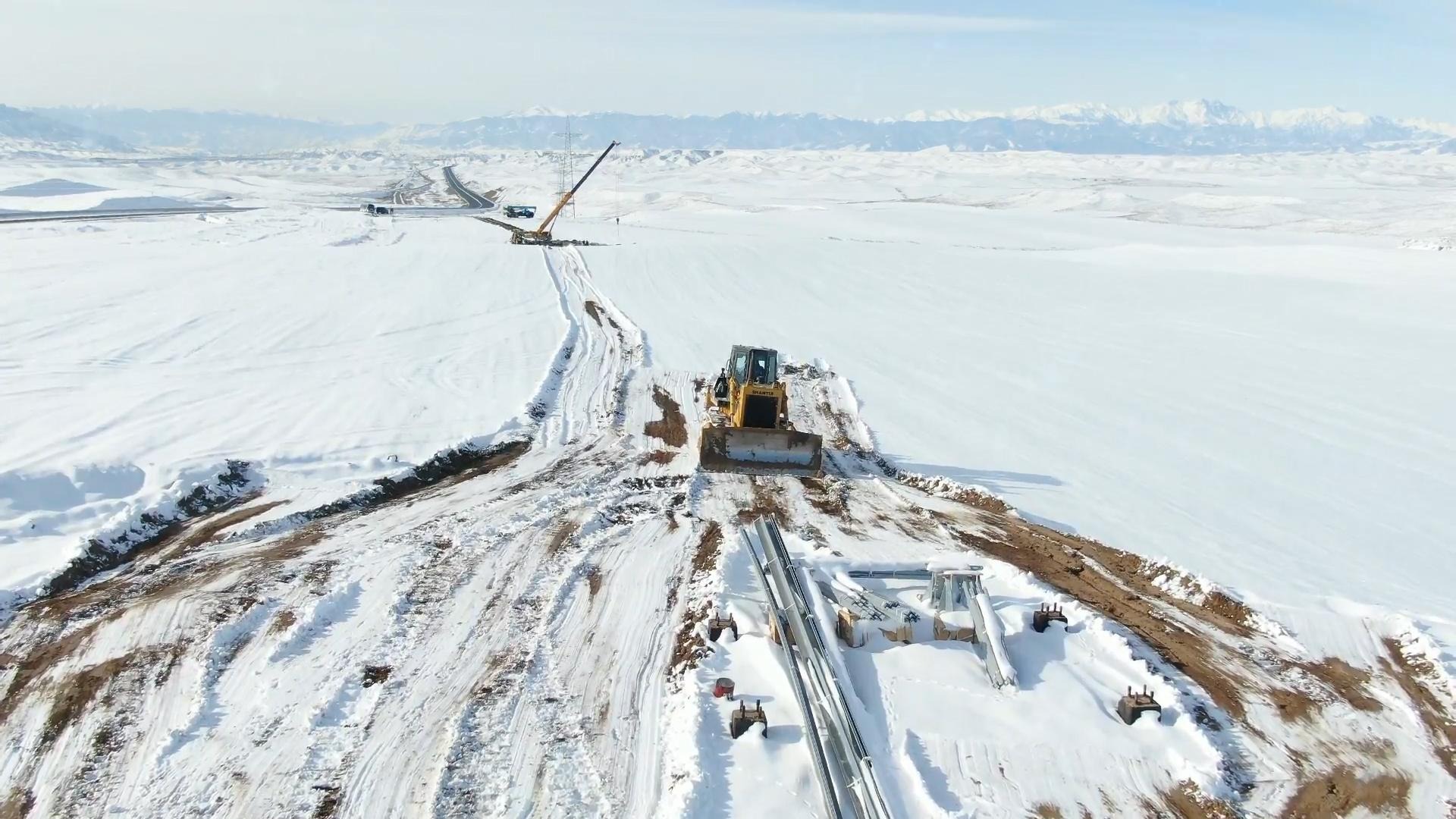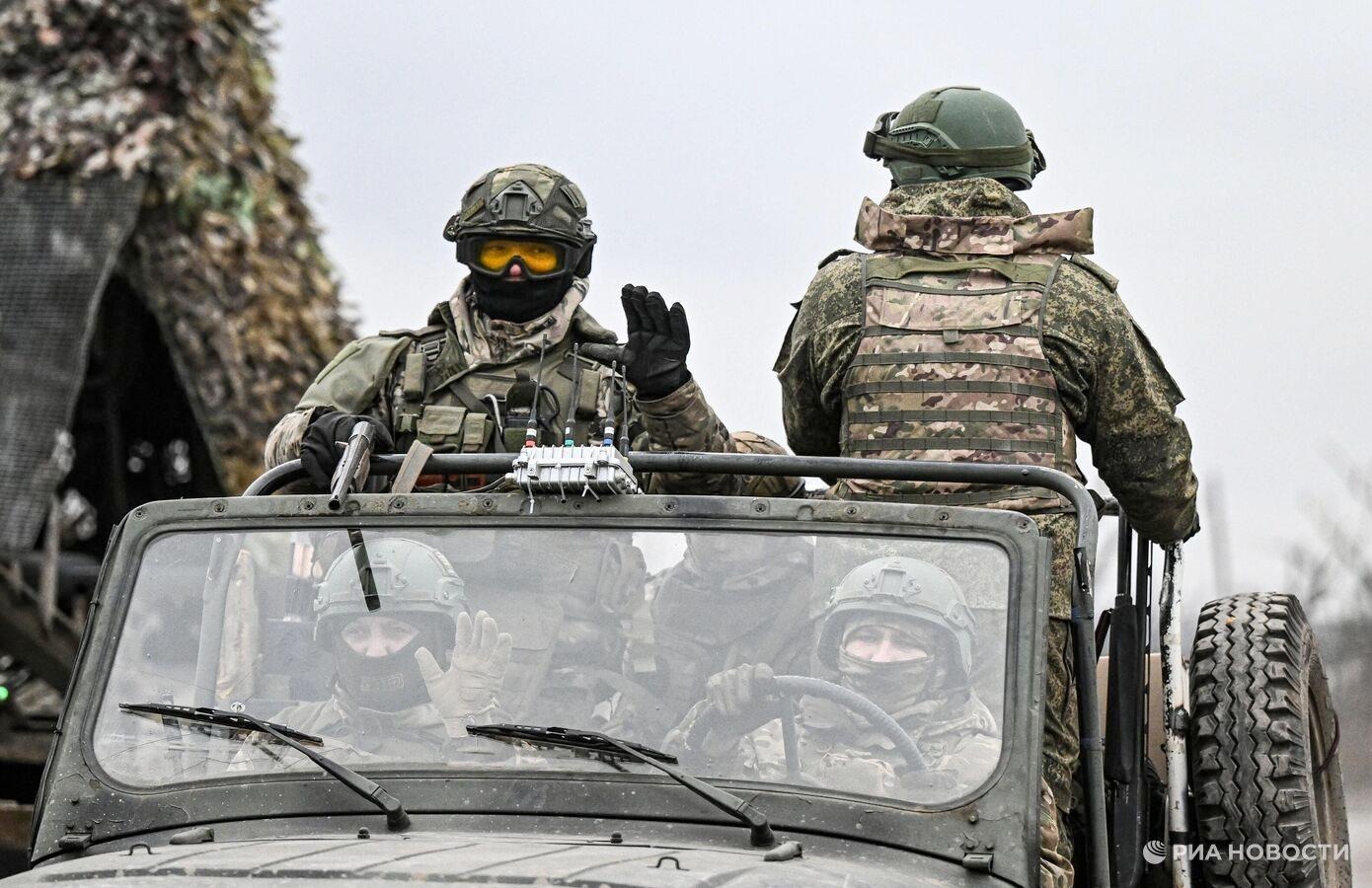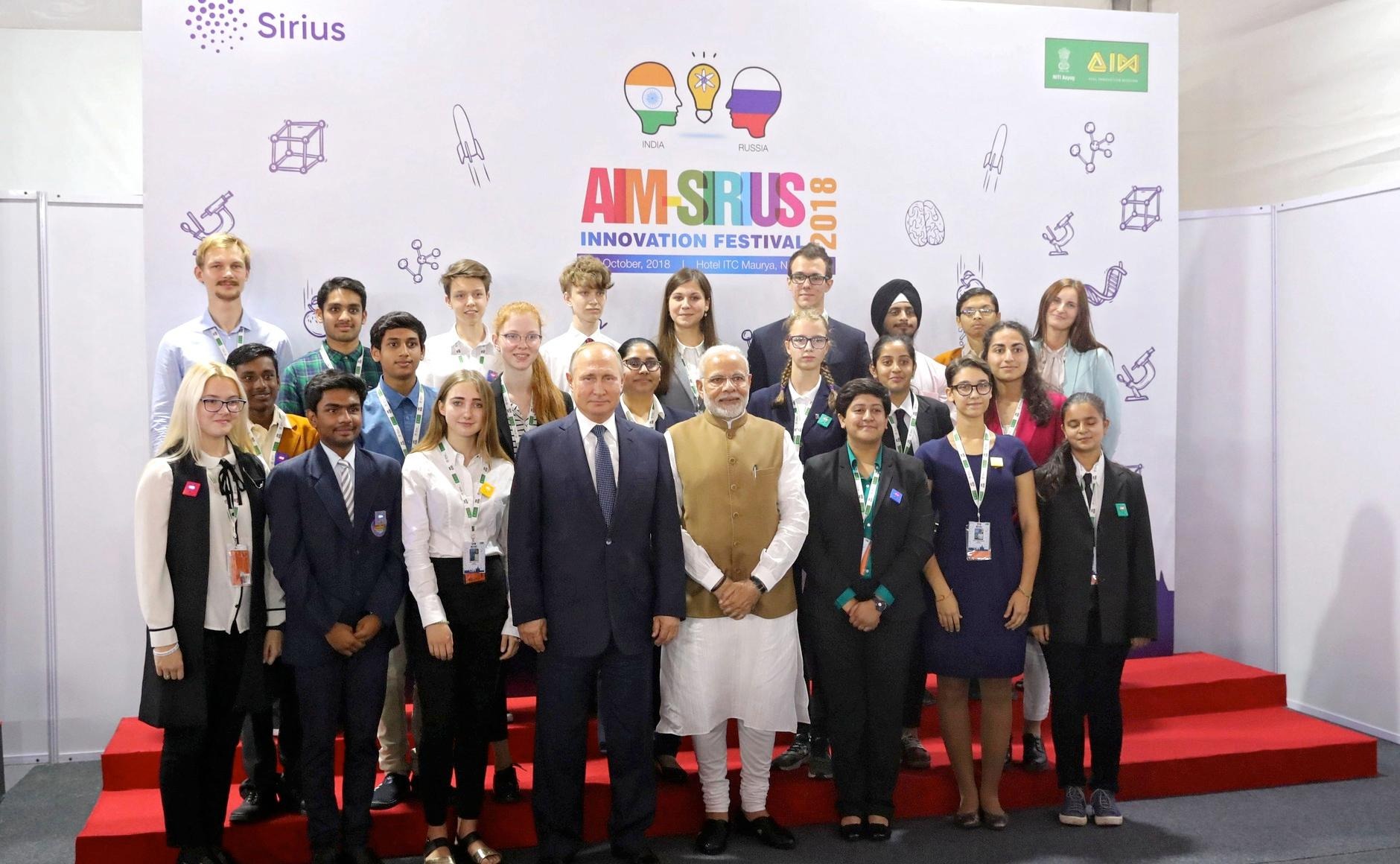ZUBKOV: THE TAX MAN COMETH?
ZUBKOV: THE TAX MAN COMETH?
Just one week after Russian President Vladimir Putin’s surprise dismissal of the government, experts and commentators in Moscow still remain in the dark about the real meaning of this development. It took only a few hours for the Kremlin to announce the name of the new prime minister after Mikhail Fradkov exited from its gates, but then the flow of news stopped and the pace of rumors accelerated to a whirlwind. Fradkov’s replacement, Viktor Zubkov, was a complete surprise, much the same way Fradkov was some three and a half years ago, which certainly did not stop the compliant State Duma from duly approving him for the second-ranking spot in Russia’s formal political hierarchy. Apart from confirming yet again Putin’s determination to control the agenda for the upcoming electoral season and his propensity to catch everyone off-balance by an unpredictable move, this changing of the guard may suggest some shifts in the balance of the clans around Putin, who has been watching the hand-made bureaucratic earthquake from his summer resort, Bocharov Stream, near Sochi (Nezavisimaya gazeta, Polit.ru, September 19).
Fradkov’s departure established beyond doubt that the just-started parliamentary election campaign would not be any kind of “primary” for the presidential campaign that is set to commence after the New Year’s break (Ezhednevny zhurnal, September 8; EDM, September 10). The few parties that are allowed to contest the seats have built their platforms on cautious criticism of some “particular shortcomings” in the work of the cabinet – and now they cannot provide even this entertainment, since the new government would be able to deny responsibility. The leadership of the dominant and ardently pro-Kremlin United Russia party cannot plausibly pretend that it was consulted or even informed about the change of prime minister and reorganization of the cabinet, which is rather embarrassing (Vremya novostei, September 17). Parliament is thus reduced to an institution of ridiculous insignificance and the “sensations” of the elections would only be a pre-arranged victory for the list of the populist Liberal-Democratic Party of Andrei Lugovoi, who stands accused in the UK in the murder of Alexander Litvinenko (Kommersant, September 18).
Against the background of that meaningless political show, the quasi-competition between two semi-official presidential candidates, Dmitry Medvedev and Sergei Ivanov, who both hold the position of first deputy prime minister, has also been decidedly unexciting. There is a visible difference in their political profiles, with Medvedev combining his ties with Gazprom and responsibilities for the so-called national projects in health care, education, housing, and agriculture, and Ivanov emphasizing his background in intelligence and courting the military-industrial complex. Neither, however, looks appealing to the electorate, and both are rather hapless in performing their managerial roles as the much-advertised national projects are delivering meager results, and the newly created state-holding companies remain dysfunctional (Gazeta.ru, September 17). Putin saw the need to expand the choice beyond this dull duo and at the same time sought an escape from the dilemma of either finding a strong successor or securing the continuity of his course (Vremya novostei, September 18).
Toward that end, he carefully orchestrated the rise of a new political clan in the shadows of the seemingly all-powerful siloviki or “power players” from the FSB, the Ministry of Interior, and other power structures. Most of these political unknowns worked with him in St. Petersburg in the early 1990s and then moved to various agencies involved in financial and tax monitoring and investigations, so perhaps a new expressive Russian word mytar (tax man) would enter the vocabulary. Zubkov, who for many years was in charge of the Financial Monitoring Service, is the most prominent example, but his son-in-law, Anatoly Serdyukov, who had been the head of the Federal Tax Service before been appointed the defense minister in February, is another; and Alexander Bastrykin, appointed in June as the head of the newly created Investigations Committee in the State Prosecution, may be a third. While Serdyukov resigned from his post yesterday, September 18, he may not disappear from the political arena. Besides being personally loyal to Putin, these quiet professionals hold useful levers of control over financial flows in the vast bureaucratic pyramid, as Serdyukov’s and Zubkov’s trusted deputies have taken over their agencies after the surprise promotions (Gazeta.ru, September 17).
It appears possible that siloviki, over-confident in their control over the “commanding heights” on the deceivingly flat political landscape, have been taken by surprise by this development and urgently applied multiple instruments of influence and manipulation. Hence the delay in forming the new cabinet, which Putin has to approve by Friday (September 21) after yesterday’s late, long meeting with Zubkov at his secluded resort; hence also the awkward pause with appointing deputies to Bastrykin, who has fired Salavat Karimov and a few other investigators in the Yukos case (Kommersant, September 19). Quite possibly, these fierce court intrigues also block the appointment of a new secretary of the Security Council, after Igor Ivanov’s resignation from this position in mid-July. It also appears probable that certain pressure was applied in order to force Serdyukov’s resignation, which was not strictly necessary since he is answerable directly to the president as the commander-in chief.
Whether the Zubkov-Serdyukov clan succeeds in carving out a roomy niche for itself in the Kremlin walls and filling it with fast-swelling ranks of sycophants, or its influence is cut short by Nikolai Patrushev, the head of the FSB, Igor Sechin, the deputy head of the presidential administration, and other “heavy weights” is yet to be decided. What is more certain is that the casting inside the absurdly narrow circle of Putin’s loyalists takes no account of the real problems that a new ruler — whether a “dark horse” or a “collective tsar” — would have to deal with (Expert, September 17). These problems, however, have a nasty habit of breaking through the PR smokescreens and spoiling the planned perfect moment of serenity as Putin jumps ship.


